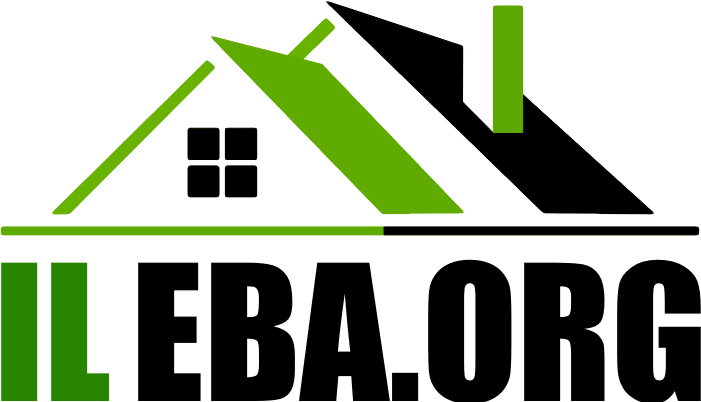A home inspection is one of your most valuable tools as a home buyer. Hiring a certified inspector allows you to proactively discover problems with the home so that you can more effectively negotiate and understand what you’re getting yourself in to.

Here are some things to keep in mind with home inspections:
Inspections Are Optional… But Worth the Money
There’s a common misconception that home inspections are required, but this isn’t accurate. Home inspections are optional, but they are well worth the investment. Home inspectors are an objective third-party that will be able to find any potential problems or defects in the home and let you know before purchasing. This will give you more power to negotiate with the seller or even walk away from the home should the problems be too large. If you chose to forgo an inspection, you could wind up with a costly repair after the purchase.
One exception in this case is with condominiums. Condos typically belong to Homeowner Associations (HOAs) who will handle many of the repair/maintenance components of the property. It is, however, best to double check with the HOA of the home you’re purchasing to understand what is covered and what is not.
What an Inspection Covers:
An inspection is a visual, non-invasive evaluation of major home components. An inspector does not perform repairs or any kind of maintenance, they simply observe what’s there. In terms of length, the average home inspection should take three to four hours. Anything less may indicate a less-than-thorough job.
Not every inspection is going to be the same and not every inspector is going to check the same things. Typically, you can expect them to cover:
- Home Exterior
- Roofing
- Foundation + Basement
- Heating + Cooling systems
- Plumbing
- Electrical
- Fireplace
- Insulation + Ventilation
- Doors + Windows
These inspections typically do not cover:
Anything inside the walls
Roof or Chimney
Septic Tanks
That said, you should always check beforehand and understand what will be covered because every inspector will be different. Some inspectors will offer extended or more detailed evaluations, but you will need to pay for these additional services and they typically are not worth the extra expense.
You Get What You Pay For
Home inspections can be costly, but this is not an area to skimp. Should an inspector miss something, this could end up costing you thousands of dollars later on. That said…
They Are Not Always Responsible If They Miss Something
Policies and regulations vary from state to state, but home inspectors, and the companies they represent, may not be held liable if they miss something during the inspection. When looking for an inspector to hire, make sure to hire one that carriers “Errors and Omissions” coverage. This goes beyond basic liability insurance and offers protection if an inspector were to miss a problematic component of the home.
Hire the Right Person for The Job
When looking for a home inspector, give yourself plenty of time to find a well-respected, certified professional. Ask family, friends, and neighbors for referrals of folks they’ve used in the past. Your realtor can also be a great source for referrals.
Keep in mind, you may also want to hire a specialist in addition to a home inspector to investigate things like pest + animal infestations, asbestos, or mold or radon.
Attend the Inspection + Request an Inspection Report
Most folks don’t know, but you can actually attend inspections while they’re happening and it’s a great idea to do so. You’ll be able to physically ensure that the inspector has seen and checked every part of the house.
You also should request an inspection report following the evaluation. This document will show the inspectors findings to give you an idea of where be problem areas may be and may help you legally down the road should unforeseen issues arise with the inspector or the home seller.
